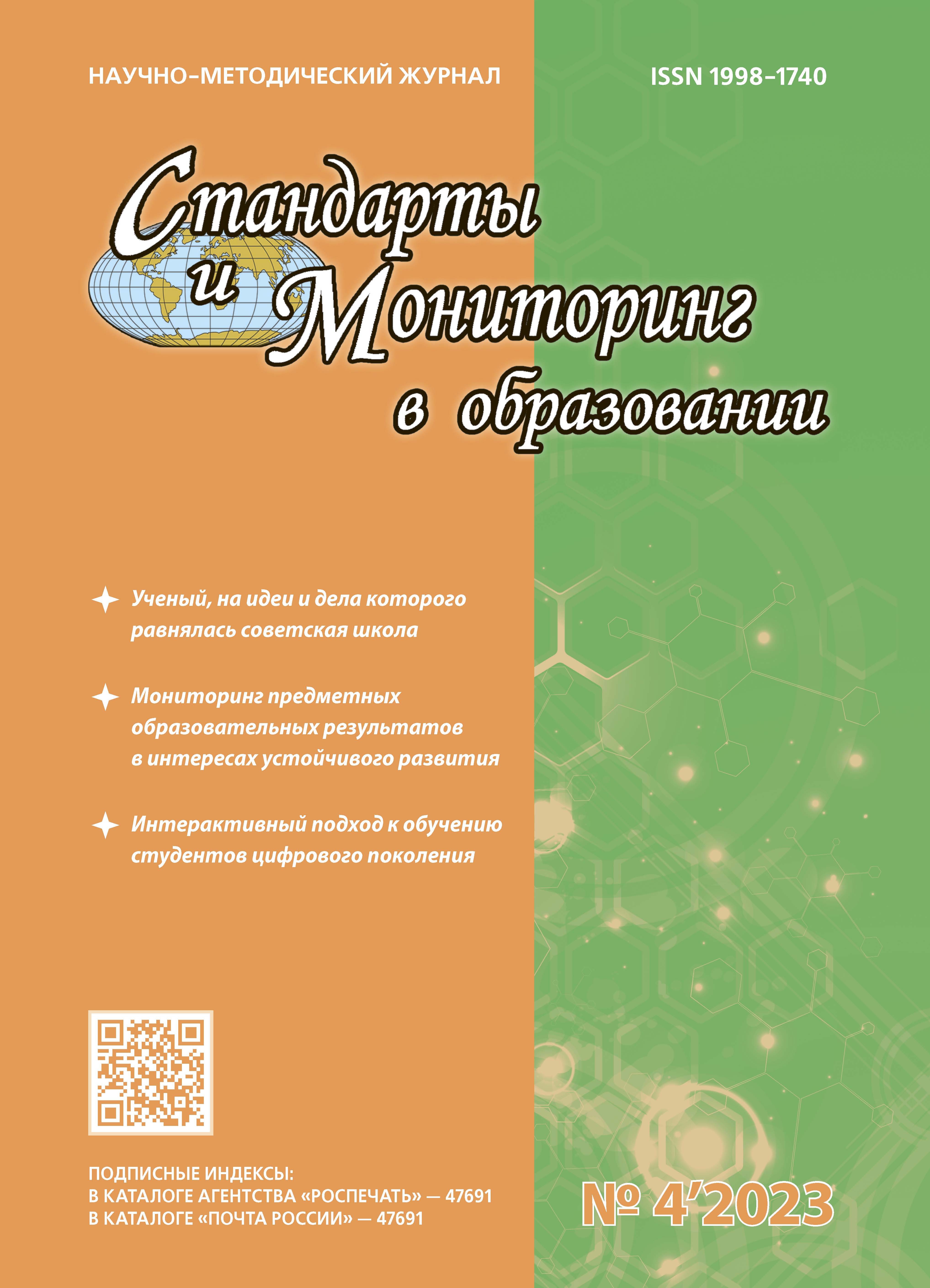Moskva, Moscow, Russian Federation
Russian Federation
The authors study the problem of implementing integrative links between academic disciplines at an economic university using digital tools. The importance of digital technologies as a means of integration for the study of economic and mathematical models in the process of mathematical training of students of an economic university is determined. A practical problem is considered, demonstrating the constructive possibilities of economic and mathematical modeling and digital tools in the implementation of integrative links between academic disciplines. When solving the problem, a double integral is used as a mathematical model, which makes it possible to formalize and study the socio-economic process. The capabilities of the Python programming language, which provides the implementation of an intra-model solution, are demonstrated. In the course of the study, the authors monitored the dynamics of the level of integrative connections of academic disciplines within the framework of the continuity of educational programs for undergraduate and graduate programs. An online survey was conducted among students of an enlarged group of areas of training in Economics and Management on the problematic aspects of using digital tools to study economic and mathematical models and obtain integrated educational results. The findings indicate the need for further development of integrative links between the disciplines of the subject areas “Economics”, “Mathematics”, “Computer Science and Information Technology” in the context of digital education, which, in turn, provides the necessary level of quality of modern educational results.
monitoring, integration, economic education, mathematical training, economic and mathematical model, digital education, digital technologies, Python
1. Berulava M.N. Integratsiya soderzhaniya obrazovaniya [Integration of educational content]. Moscow, Pedagogika; Nauchno-izdatel`skiy tsentr BiGPI Publ., 1991. 172 p.
2. Burmistrova N.A., Zabudsky G.G., Krutov A.V., Odintsova E.A., Shamis V.A. Formation of the competitiveness of graduates of an economic university by means of economic and mathematical modeling. // Fundamental`nyye issledovaniya [Basic Research]. 2022, №10-1, pp.26-31.
3. Dalinger V.A. Theoretical foundations for the integration of mathematics and natural sciences.// Mezhdunarodnyy zhurnal eksperimental`nogo obrazovaniya [International Journal of Experimental Education]. 2016, i.8, pp. 121-122.
4. Dobrinskaya D.E. What is a digital society? //Sotsiologiya nayki I tekhnologiy [Sociology of science and technology]. 2021. Vol. 12, № 2, pp. 112-129.
5. Khrustaleva N.V. Modern approaches to education management in the digital economy. //Vestnik Altayskoy akademii ekonomiki i prava. [Bulletin of the Altai Academy of Economics and Law]. 2023, № 2-2, pp. 303-309. Available at: https://vaael.ru/ru/article/view?id=2729 (accessed 30.04.2023).






